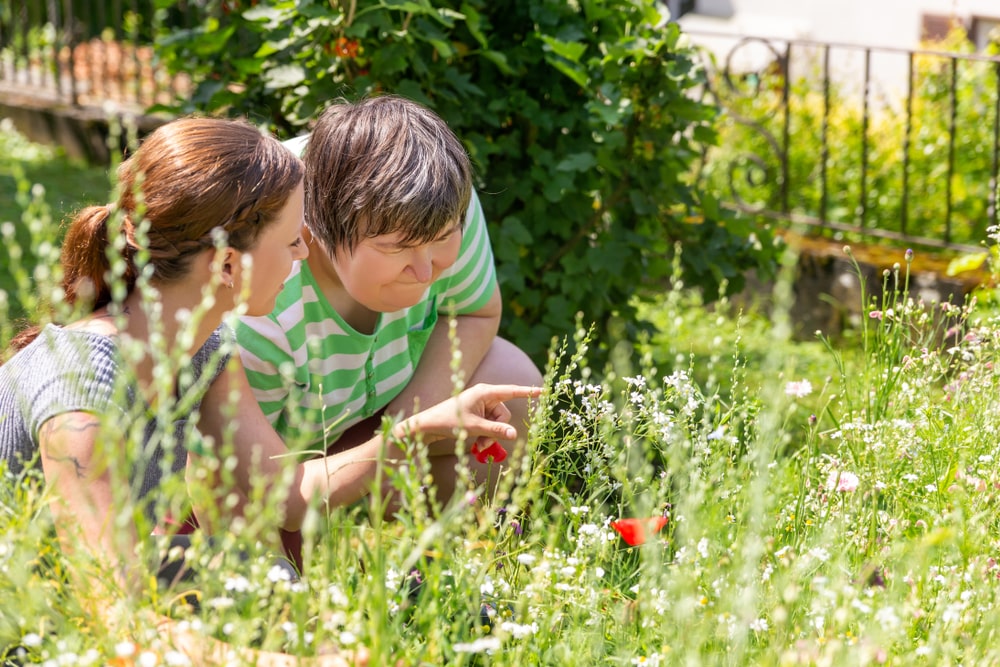Horticultural therapy (sometimes referred to as garden therapy or social and rehabilitative horticulture) is a client-centered therapeutic treatment approach that utilizes gardening and plant-related activities to promote physical, emotional, and psychological well-being. The Rutgers School of Environmental and Biological Studies states, “An increasingly large body of research attests to the unique values of horticulture as a therapeutic modality for people with physical, mental, emotional, and social disabilities, as plants are non-discriminating and non-threatening, and anyone can be successful utilizing this medium.” For teens with mental illness, horticulture therapy can offer numerous benefits that complement traditional mental health treatment modalities. A wide breadth of empirical evidence substantiates various benefits of horticulture therapy, some of which includes:
- Promotes the development of life skills: Learning about gardening and plant care instills practical life skills in teens, such as responsibility, patience, problem-solving, and nurturing. One study found teenagers who participated in a year-long gardening program experienced increased overall life skills, including better teamwork and communication and higher self-understanding.
- Increases emotional regulation: Various studies have reported that horticultural activities help young people improve emotional stability and hone emotional regulation skills.
- Enhances self-esteem and confidence: The tangible outcomes of gardening activities provide a sense of achievement, which can positively impact self-perception. Results from an observational study found that participation in horticultural activities led to improvements in self-efficacy and motivation to learn.
- Improves mental health: Horticulture therapy has been shown to reduce symptoms of anxiety, depression, and other mental health conditions in teens. A study conducted in 2007 identified a bacteria that is found in soil is linked with increased serotonin production in the brain, which suggests that gardening could increase serotonin levels and decrease depression.
- Cognitive advantages: Research confirms that exposure to natural environments improves working memory, cognitive flexibility, and attentional control in teenagers.
Horticulture therapy is a valuable complimentary approach in teen mental health treatment as it is associated with increases in happiness, subjective well-being, positive affect, positive social interactions and a sense of meaning and purpose in life, as well as decreases in mental distress.
For Information and Support
Every family in need of mental health treatment must select a program that will best suit the needs of their family. When one member of a family struggles, it impacts everyone in the family unit. To maximize the benefits of treatment we work closely with the entire family to ensure that everyone is receiving the support they need through these difficult times.
Seeking help is never easy, but you are not alone! If you or someone you know needs mental health treatment, we strongly encourage you to reach out for help as quickly as possible. It is not uncommon for many mental health difficulties to impact a person’s life, long term. Pursuing support at the beginning of one’s journey can put the individual in the best position to learn how to manage themselves in a healthy way so they can go on to live happy and fulfilling lives.
OUR KNOWLEDGEABLE ADMISSIONS TEAM CAN BE REACHED 24/7 AT INFO@PACIFICRTC.COM OR CALL: 800-531-5769
We are available to answer any questions you may have regarding mental health treatment and our residential program, anytime. Contact us today using the form to the right.






